PAK Kimchoeun
Former Senior Research Fellow
Email : NA


Over the past three decades, practical policy reform has been part of Cambodia’s political stability and economic success. There are also examples where policy changes were introduced and effectively implemented, and demonstrate strong capabilities for mobilisa¬tion, organisation, management, and imple¬mentation. Actualising new policies and strate...
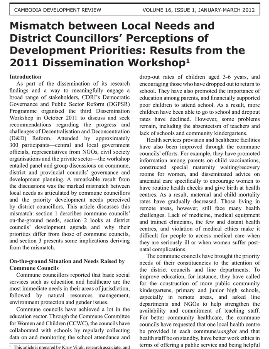
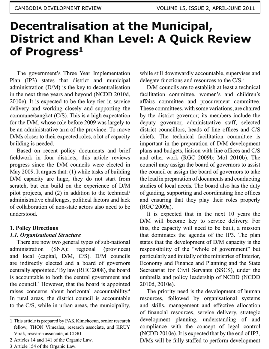
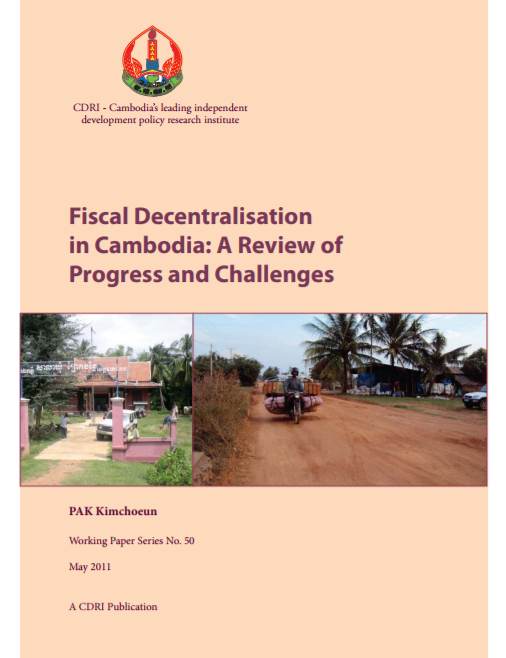
To achieve democratic development, Cambodia’s next step towards fiscal decentralisation will focus on both institutional and service delivery reform at district level so as to strengthen the capacity of the sub-national administration and better link it to sectoral service delivery. To move forwards, fiscal decentralisation needs to be compreh...
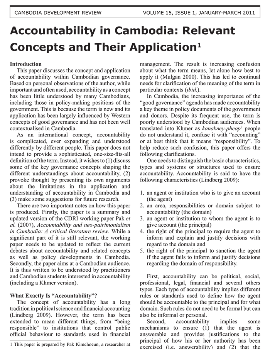
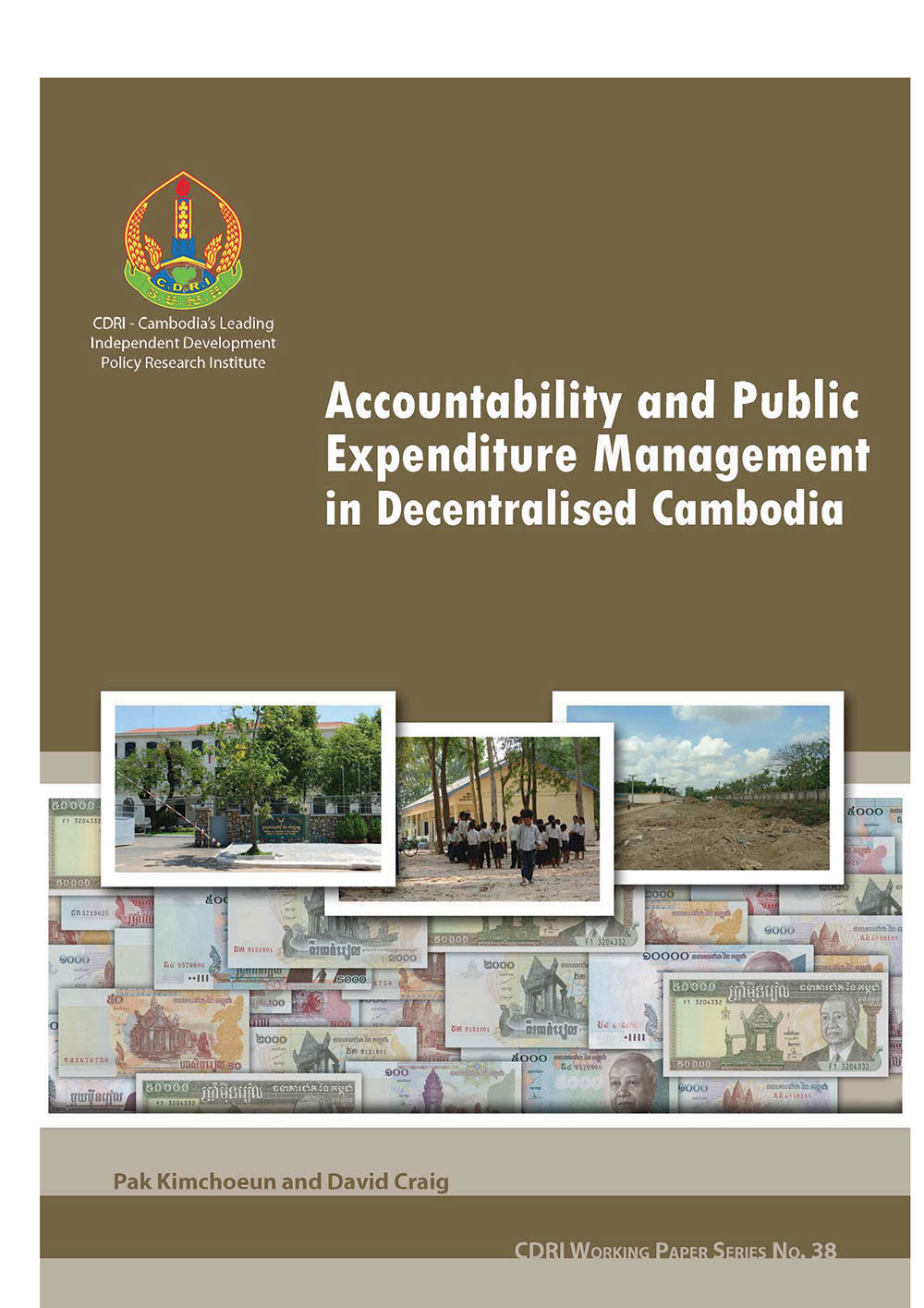
Cambodia is entering a new phase of decentralisation and deconcentration (D&D), aiming to restructure sub-national administration, particularly at the provincial level. The reform seeks to establish unified provincial and district administrations accountable to both the central government and local populations, supported by transparent allocati...
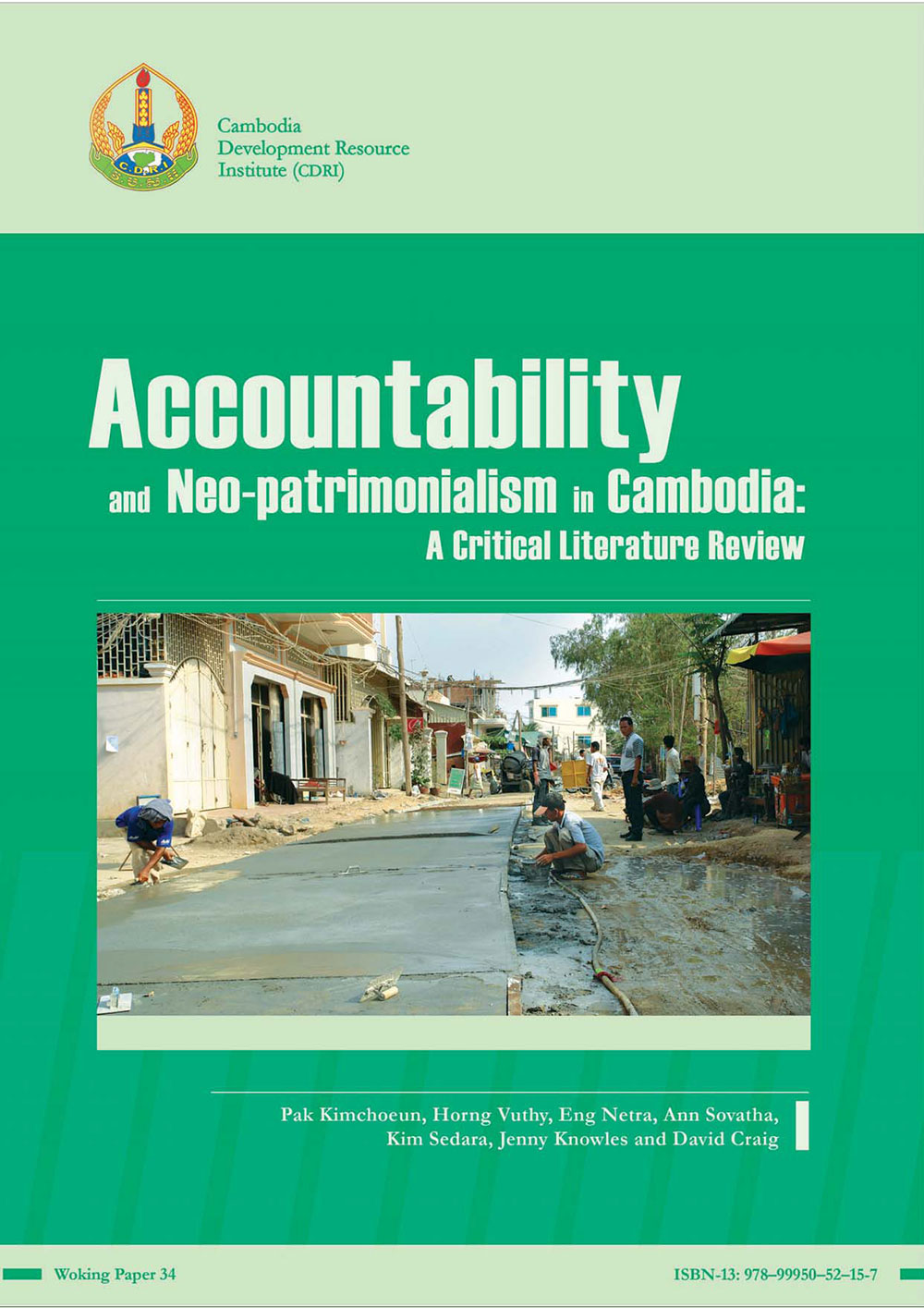
This working paper critically examines the concept of accountability within Cambodia’s evolving governance landscape, particularly in the context of decentralisation and deconcentration reforms. Drawing on international public administration theories and Cambodia’s unique socio-political history, the paper explores how traditional patron-client...
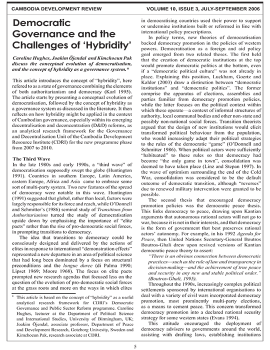
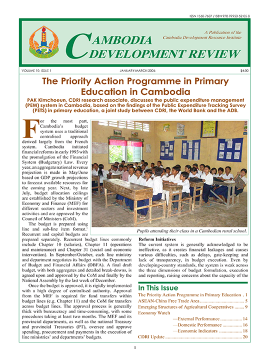
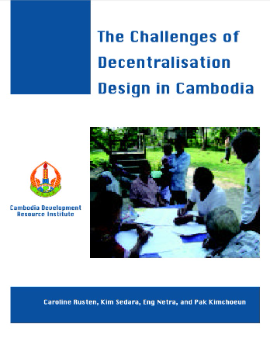
Cambodia embarked on its decentralisation reform with the enactment of two laws in 2001, the Law on the Administration and Management of Communes and the Law on Commune Elections. In 2002 Cambodia held its first free and fair commune elections. The decentralisation builds extensively on the lessons learned through the CARERE/Seila programmes, which...

